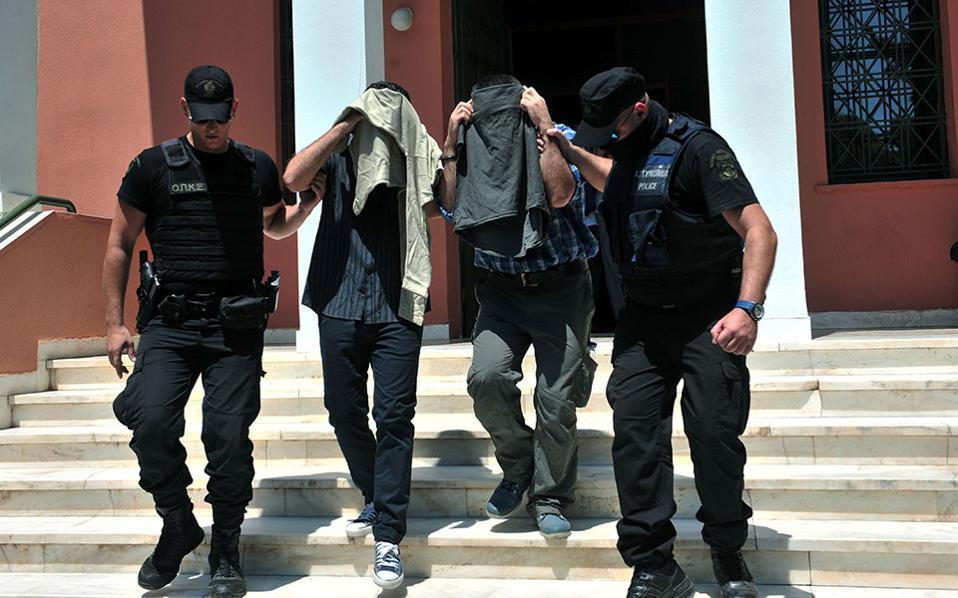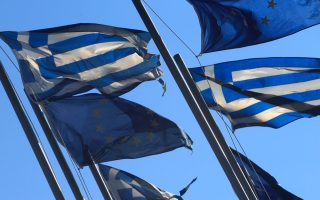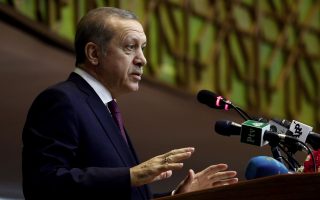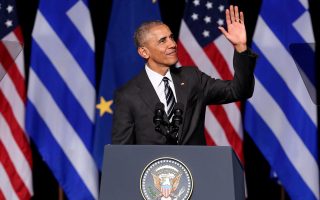The border and the eight Turkish asylum seekers

The border between Greece and Turkey separates two very different countries. And yet it is not fixed – it is porous, sometimes in motion and dangerous. Just as the Evros River changes course and the borderline, so the fates of people are determined by which side they find themselves on. The case of the eight Turkish military officers who requested asylum in Greece underlines many aspects of the difficult relationship between the two countries.
We may be plagued by our country’s many weaknesses, but Greece is a democracy. Despite the fact that Turkey’s president and government were elected, the country is moving quickly away from the principles of democracy. The “godsend” of the attempted coup of July 15, as President Recep Tayyip Erdogan described it, triggered merciless persecution of any group or person who does not appear to be on the president’s side, including news media and journalists, judges, professors, teachers, police, military officers, Kurds and civil servants. This, combined with the threat of the return of the death sentence, means that there are no guarantees for the rights of those who are prosecuted, detained and judged in Turkey. This is what the Greek judges took into account this week when they ruled that five of the eight Turkish asylum seekers should not be extradited. The same appeals court council, with different judges, decided that another three should be sent back to Turkey, prompting questions as to the reasons for this division. The Supreme Court, and, if necessary, the justice minister, will have the final say.
Turkey keeps raising the pressure on Greece, questioning the Treaty of Lausanne that established the common border, raising claims to islets in the Aegean, threatening to allow the flow of refugees and migrants again. For Greece, though, it is a matter of principle to allow justice to do its work without heeding any pressure. We do not know the extent of the eight officers’ involvement in the attempted coup but we do know that their extradition would contribute to a violation of their human rights. In Turkey they would be in danger of being tortured, being tried unfairly, receiving heavy sentences, perhaps even the death sentence. In Greece we have no liking for coup plotters. Our government was one of the first voices to support the Turkish government on July 15. The memories and wounds of the last Greek dictatorship in 1967-74 are still fresh. This makes it imperative that the eight enjoy their full rights in Greece. Institutions exist to protect everyone, without exception. If Turkish suspected coup plotters are deprived of their rights in Greece, then Greek citizens, too, cannot feel safe. Human rights are universal and Greece has a duty to uphold them.
Our country is strengthened when it defends human rights and the principles of democracy and humanism against every threat, at any cost. True borders are not defined by rivers or lines on maps, but by the level of devotion to justice and the inalienable right to life.





